Land of Change
Documentary, museum 2013
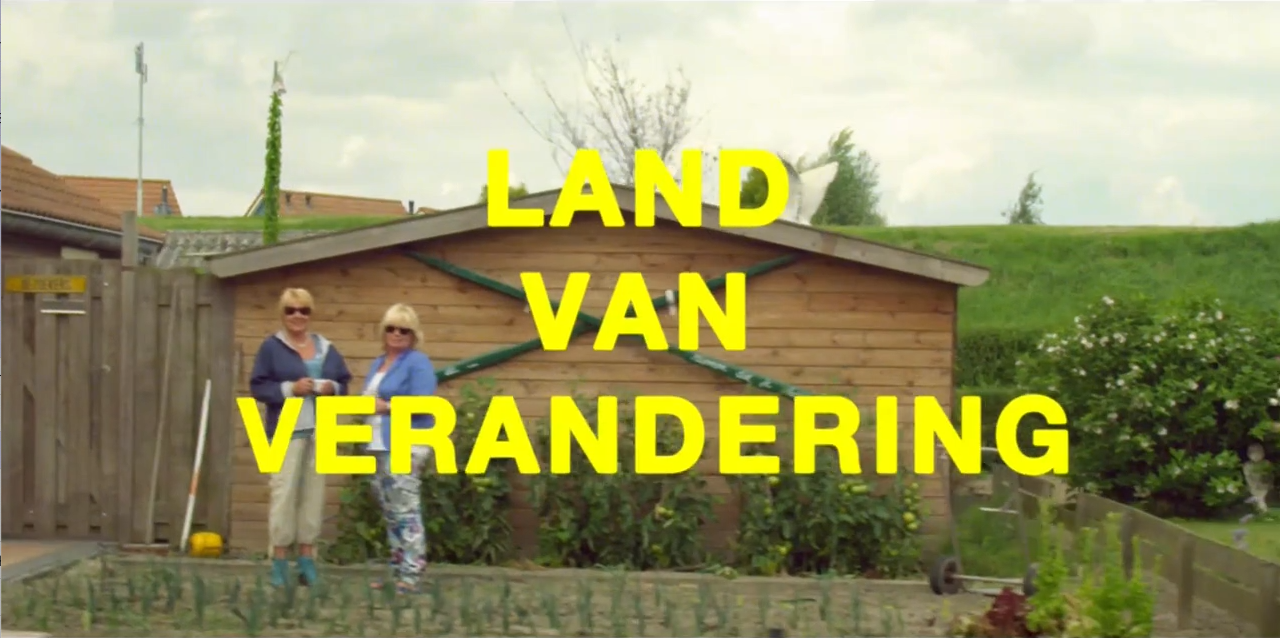
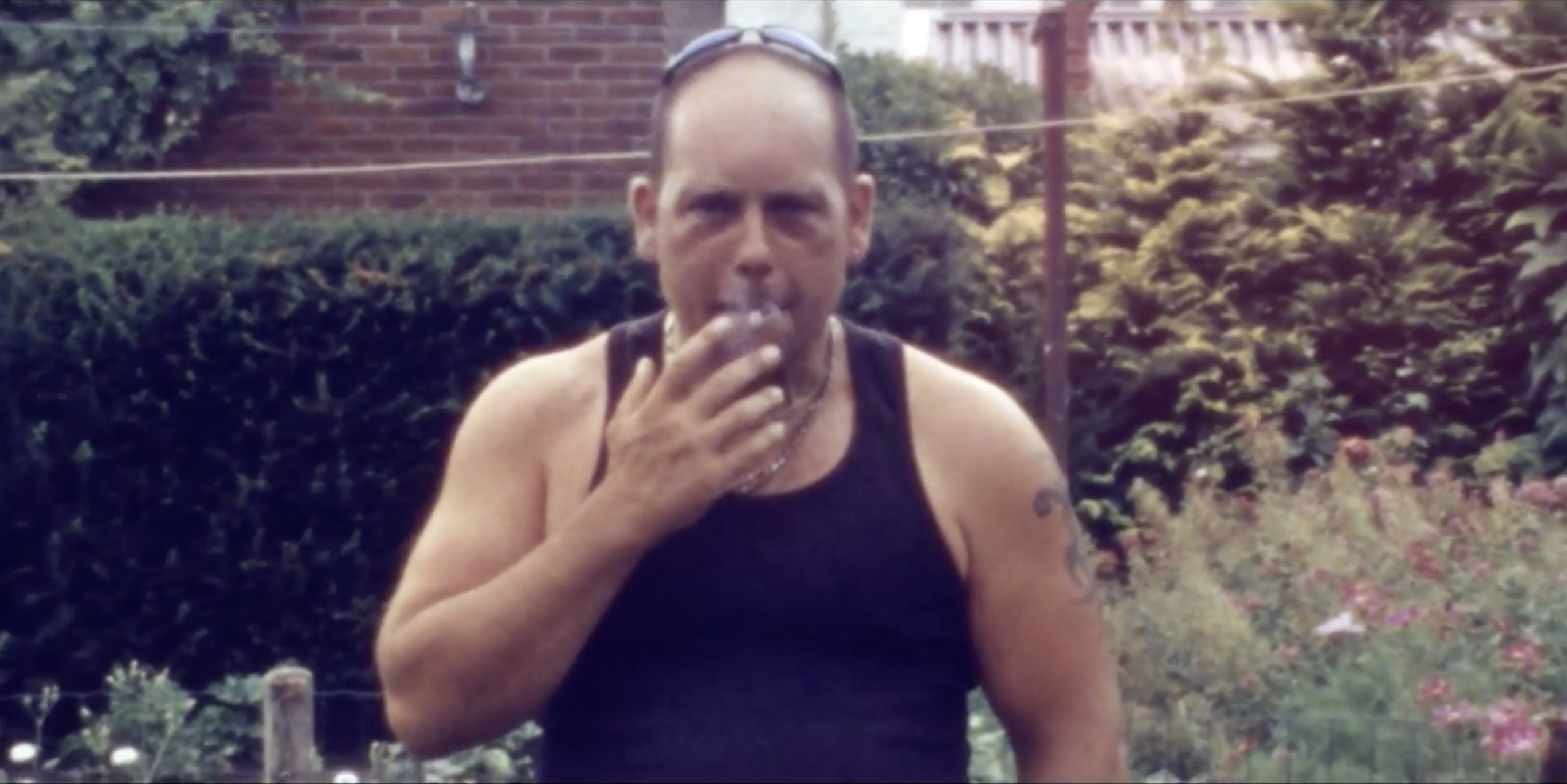


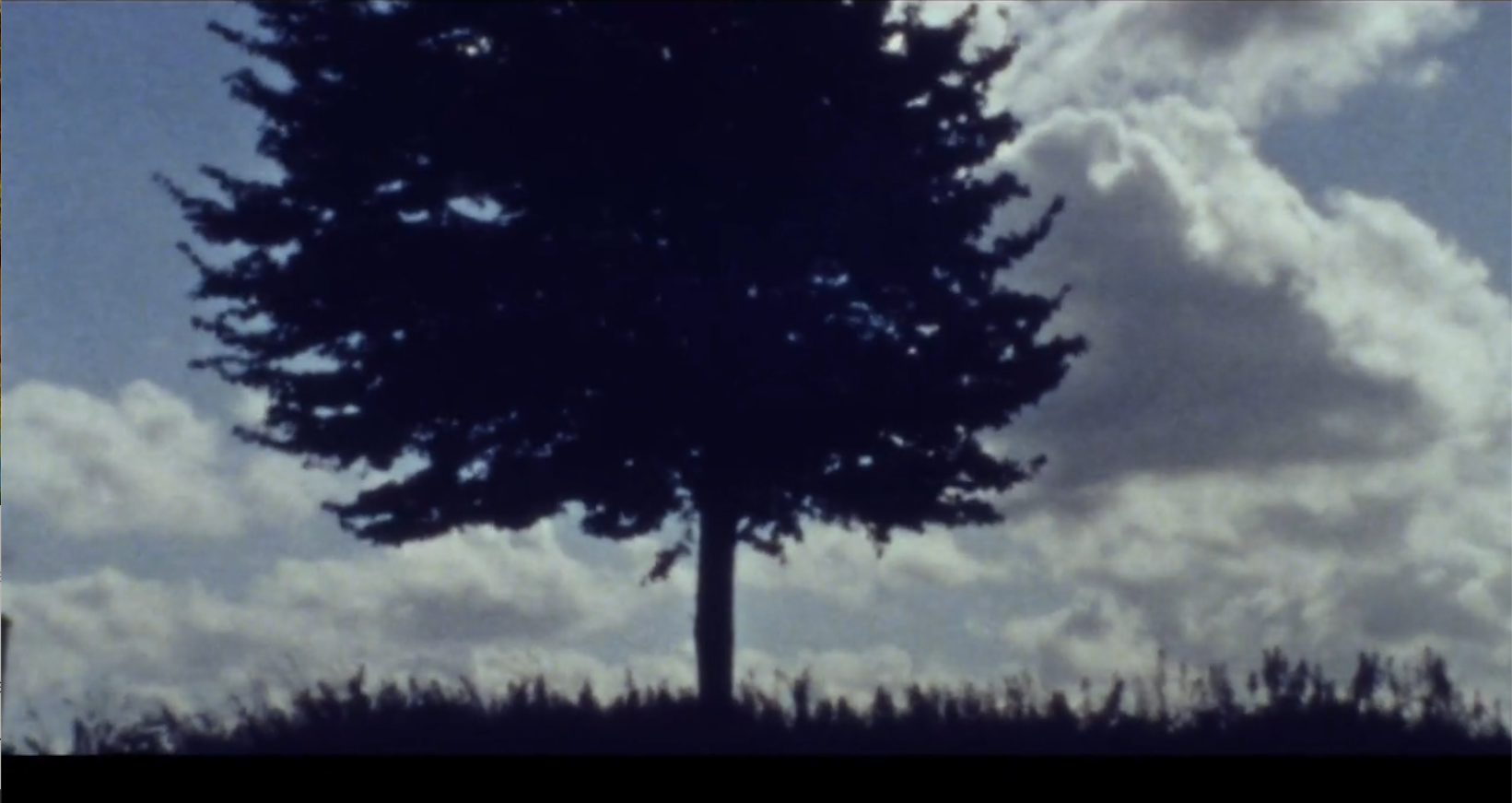
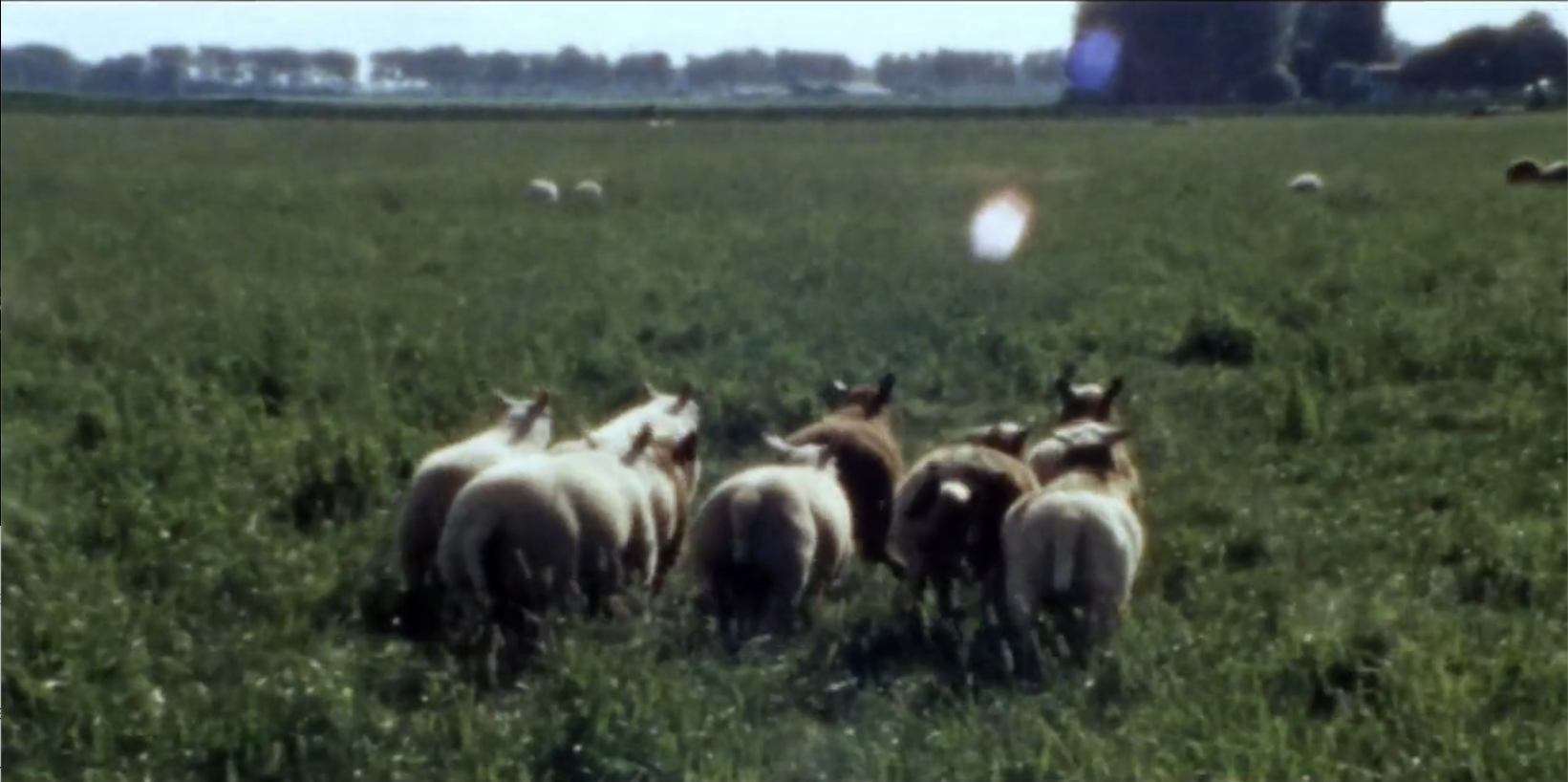

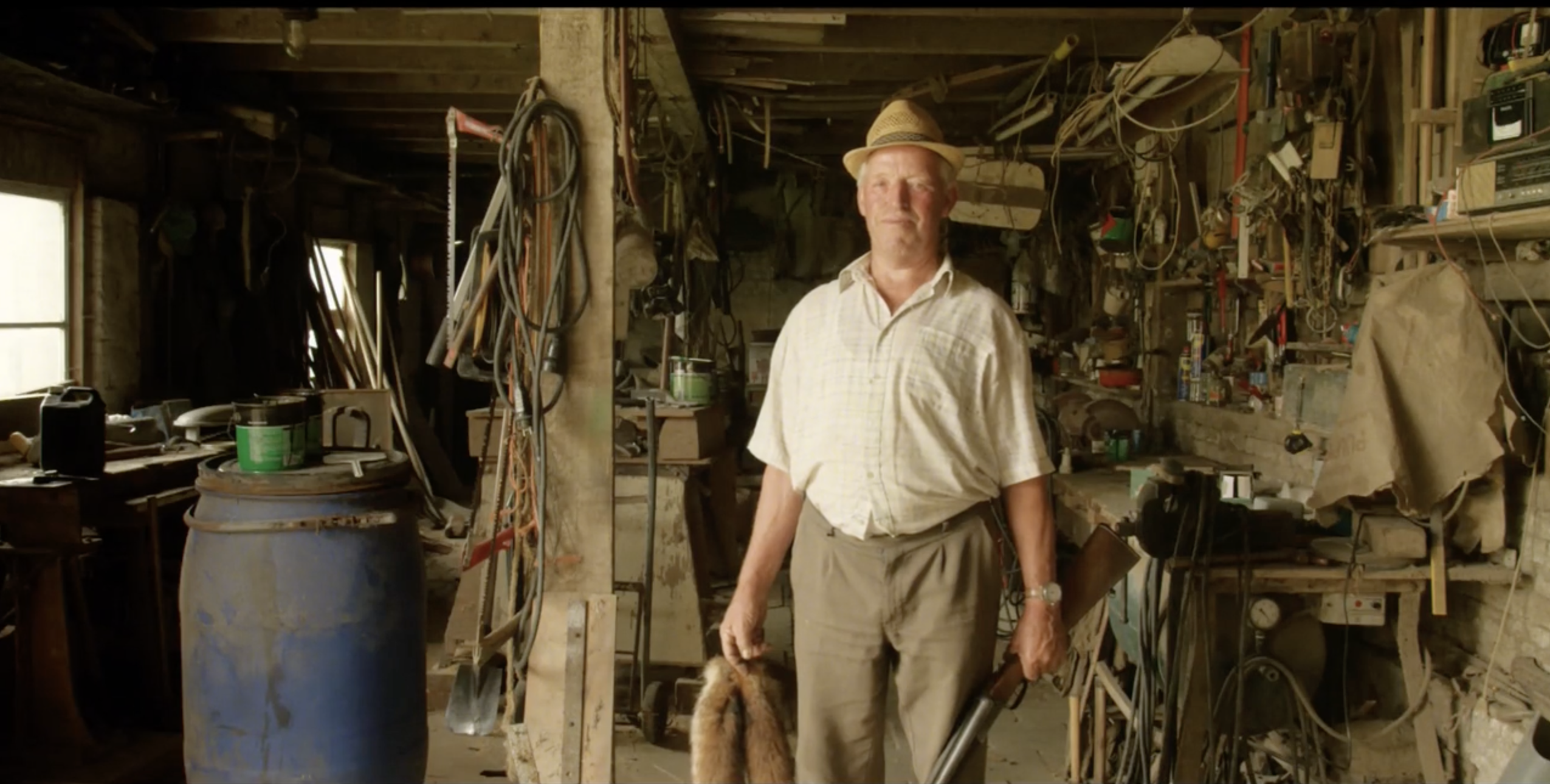
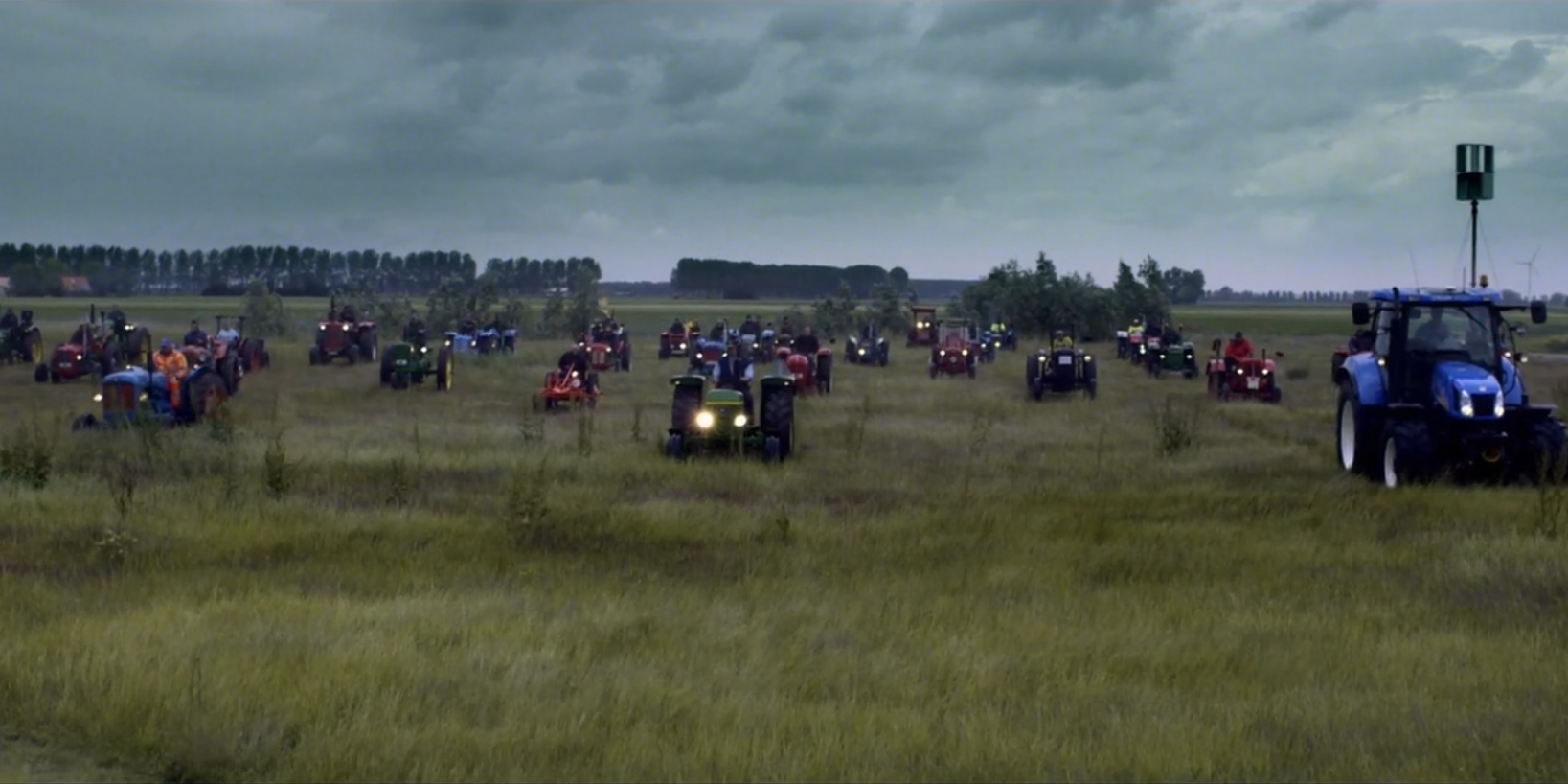
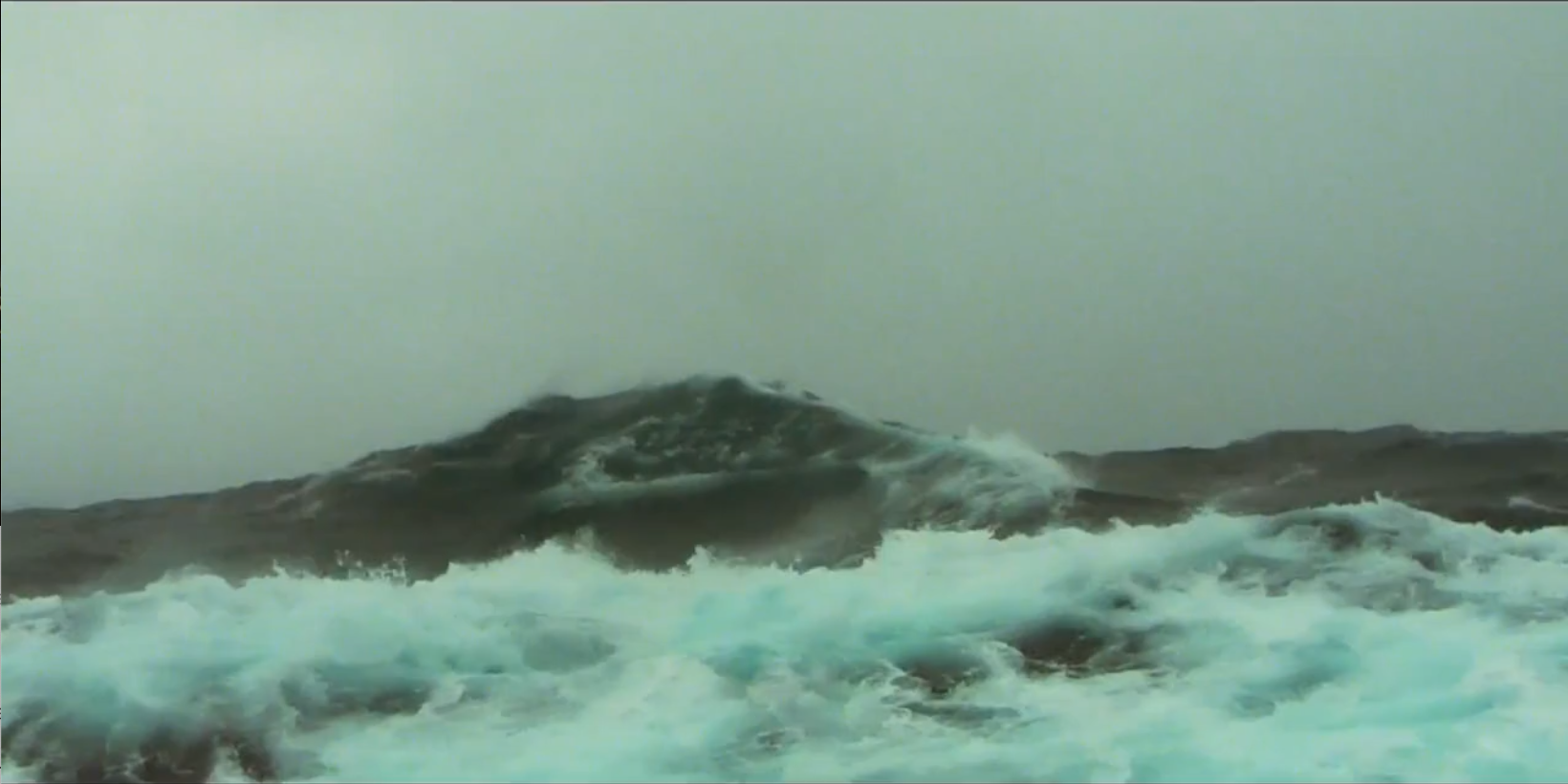


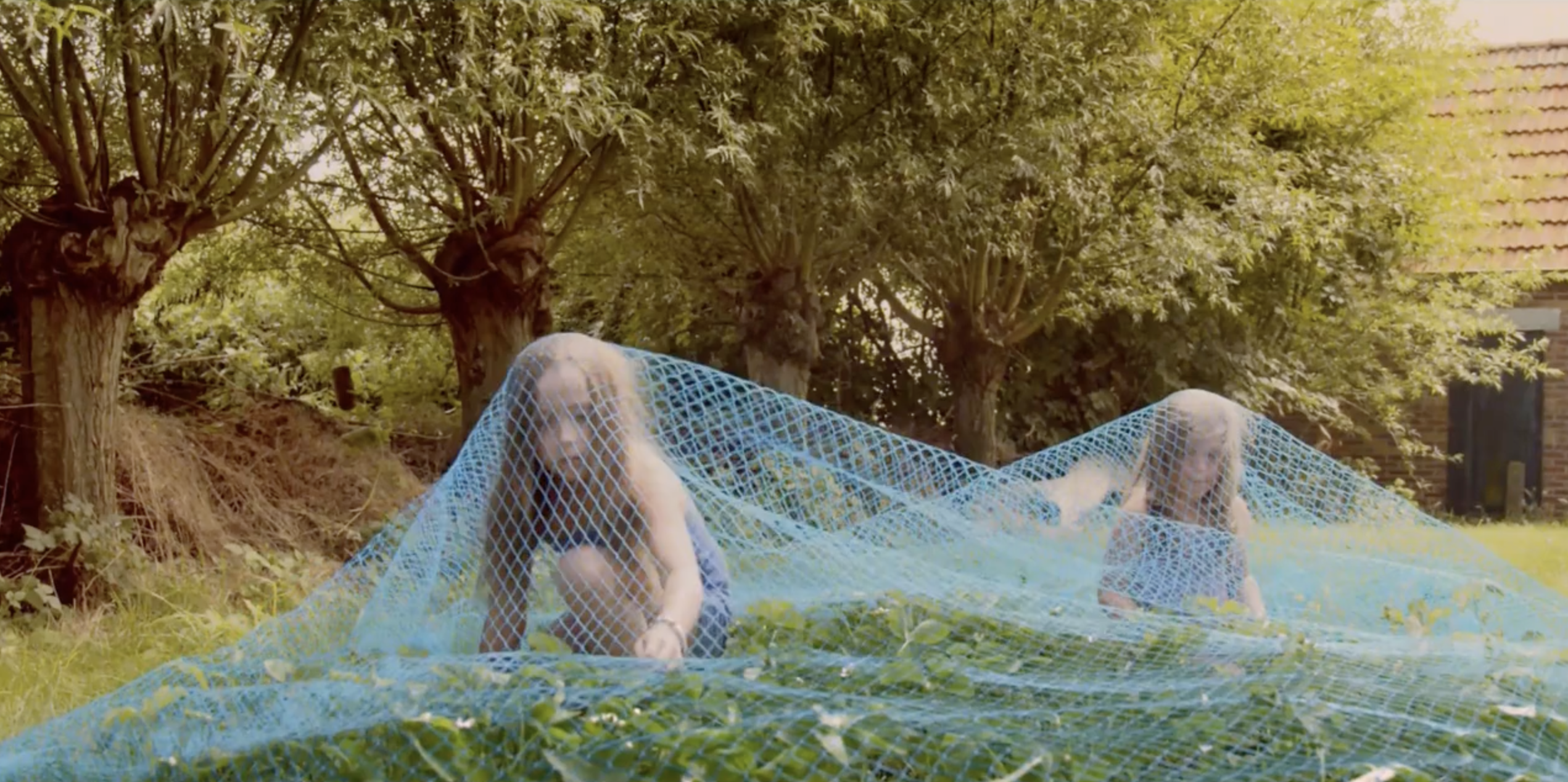

Land of Change, the Zeeland Archives Project (2013)
Directors: Mirka Duijn & Nina Spiering
What is it like to live in a region where everything is changing? How do you deal with the loss, but also with the new gains? This film project holds a collage of portraits of inhabitants of the Dutch region West Zeeuws-Vlaanderen, amidst the marches, mudflats and the ever-present wind.
This film was made for the Dutch Zeeuws Museum. It has been developed as a part of their Islands Archive Project eilanden.net. The museum asked inhabitants of Zeeland to make films about aspects of or objects from/in Zeeland that they would like to be ‘remembered forever’. The films were stored in the Islands Archive.
The purpose of this request was to get a gestalt view of the present-day cultural identity of Zeeland. As we watched these films, we asked ourselves: are the subjects filmed by the participants indeed being ‘remembered’ by being added to this archive? Can one glean any knowledge about the present-day cultural identity of Zeeland from this archive? And how could we, filmmakers, add to this act of remembering, by restructuring and (re)visualise the contents of the archive?
For this project we took the films from the Zeeland archive as a base for a new narrative, which is build around several core portraits of inhabitants of Zeeland. Some of the found footage is used as-is, but most of it is repurposed around recurring themes.
More information about the film:
West Zeeuws-Vlaanderen is a secluded part of the Netherlands. It is not connected to the Netherlands by land, you can only get there over water or through a tunnel, and you have to pay for both options.
Over centuries this area has been in constant change. The geography, the sea and the constant battle against the seawater dictated most of the changes.
Nowadays the changes in the region are of a different kind. The geography still plays a big part in it though: just as in many other secluded area’s in Europe, Zeeuws-Vlaanderen is rapidly changing because of macro-economic changes. A lot of old industries are dying. For ages most inhabitants were farmers and fishermen. But now the fishing industry hardly exists anymore; it disappeared within the last 20 years. Next to that, as a result of the expansion of farms, a lot of farmers are leaving the region. Finally, also young people leave: There is no work for them in the area. As a result the population is aging rapidly. These changes have been going on for years, but at this moment the changes are gaining momentum. The government tries to deal with the problems by focusing on a new industry: tourism. Polders are dug out to give space for artificial lakes and grand marina’s.
The local inhabitants find themselves amid this transformative period: much has already vanished, yet the emergence of new developments is still on the horizon. They are holding their breath while waiting for the tourists to come.
This film is a poetic collage of portraits of inhabitants of the area. Among them, for example, skipper Jaap Albrechtse (63), who retires from his work and sails his ship to Africa. And the 22-year-old Mariëlle Notebaart. At workdays you can find her behind the counter of the Texaco gas station. During festivities she has got an other job though: she is elected to be the towns’ ‘Shrimp Princess’. Another character is Foort Lokerse (59), the head of the fish auction. He wants to turn his fish auction into a Fish Experience for tourists for whom he will place a ship on the roof of his building; it will be his own fish theme park. He hopes it will save the identity of Breskens as a fishing town.
The portraits of Jaap, Mariëlle, Foort and many others together form one story, the story about change in West Zeeuws-Vlaanderen.
Broeder Dieleman, musician from Zeeuws-Vlaanderen (internationally known for his collaborations with a.o., Bonnie Prince Billy, has made almost all the music for the film. His music, together with the sound of water, wind and seagulls, forms a base for the rhythm of the film.
This film was made for the Dutch Zeeuws Museum. It has been developed as a part of their Islands Archive Project eilanden.net. The museum asked inhabitants of Zeeland to make films about aspects of or objects from/in Zeeland that they would like to be ‘remembered forever’. The films were stored in the Islands Archive.
The purpose of this request was to get a gestalt view of the present-day cultural identity of Zeeland. As we watched these films, we asked ourselves: are the subjects filmed by the participants indeed being ‘remembered’ by being added to this archive? Can one glean any knowledge about the present-day cultural identity of Zeeland from this archive? And how could we, filmmakers, add to this act of remembering, by restructuring and (re)visualise the contents of the archive?
For this project we took the films from the Zeeland archive as a base for a new narrative, which is build around several core portraits of inhabitants of Zeeland. Some of the found footage is used as-is, but most of it is repurposed around recurring themes.
More information about the film:
West Zeeuws-Vlaanderen is a secluded part of the Netherlands. It is not connected to the Netherlands by land, you can only get there over water or through a tunnel, and you have to pay for both options.
Over centuries this area has been in constant change. The geography, the sea and the constant battle against the seawater dictated most of the changes.
Nowadays the changes in the region are of a different kind. The geography still plays a big part in it though: just as in many other secluded area’s in Europe, Zeeuws-Vlaanderen is rapidly changing because of macro-economic changes. A lot of old industries are dying. For ages most inhabitants were farmers and fishermen. But now the fishing industry hardly exists anymore; it disappeared within the last 20 years. Next to that, as a result of the expansion of farms, a lot of farmers are leaving the region. Finally, also young people leave: There is no work for them in the area. As a result the population is aging rapidly. These changes have been going on for years, but at this moment the changes are gaining momentum. The government tries to deal with the problems by focusing on a new industry: tourism. Polders are dug out to give space for artificial lakes and grand marina’s.
The local inhabitants find themselves amid this transformative period: much has already vanished, yet the emergence of new developments is still on the horizon. They are holding their breath while waiting for the tourists to come.
This film is a poetic collage of portraits of inhabitants of the area. Among them, for example, skipper Jaap Albrechtse (63), who retires from his work and sails his ship to Africa. And the 22-year-old Mariëlle Notebaart. At workdays you can find her behind the counter of the Texaco gas station. During festivities she has got an other job though: she is elected to be the towns’ ‘Shrimp Princess’. Another character is Foort Lokerse (59), the head of the fish auction. He wants to turn his fish auction into a Fish Experience for tourists for whom he will place a ship on the roof of his building; it will be his own fish theme park. He hopes it will save the identity of Breskens as a fishing town.
The portraits of Jaap, Mariëlle, Foort and many others together form one story, the story about change in West Zeeuws-Vlaanderen.
Broeder Dieleman, musician from Zeeuws-Vlaanderen (internationally known for his collaborations with a.o., Bonnie Prince Billy, has made almost all the music for the film. His music, together with the sound of water, wind and seagulls, forms a base for the rhythm of the film.
Fragments from the film (7:30”).
The full film can be seen here.
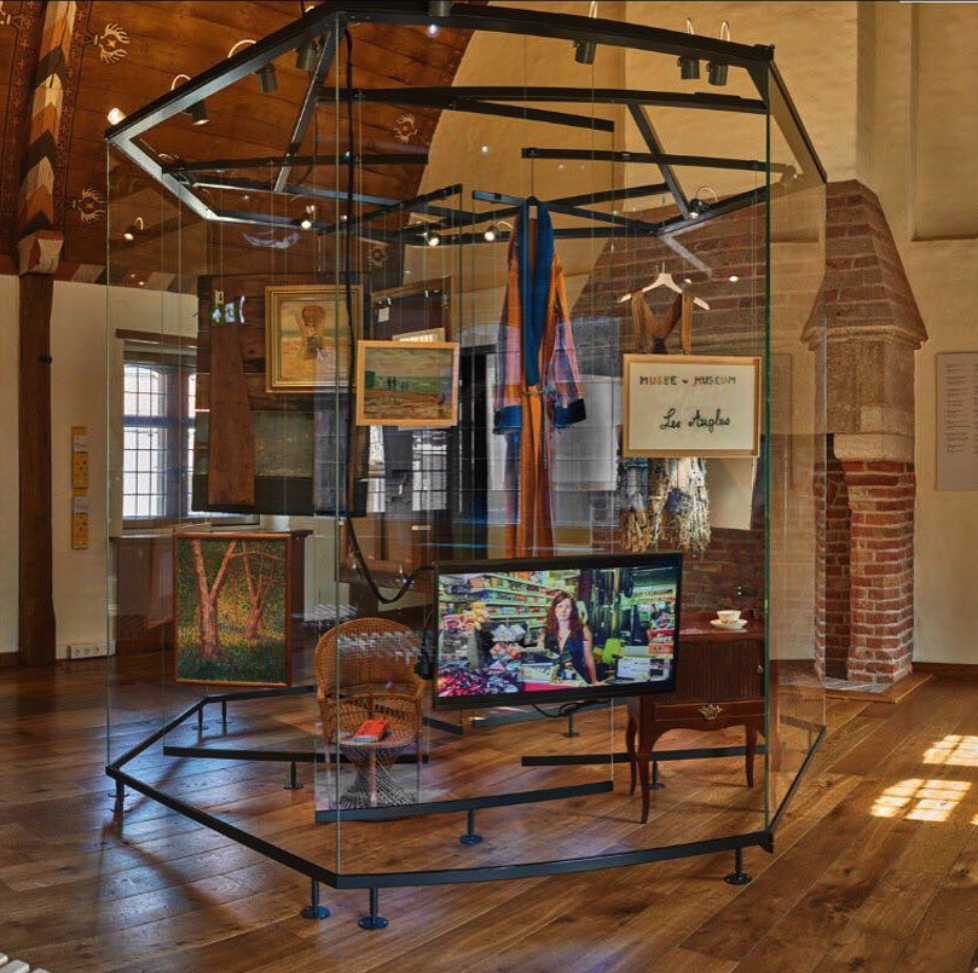
The film has been added to the permanent collection of the Zeeuws Museum. After having been exhibited in the temporary Islands Exhibition in 2014,the film was added to the permanent exhibition from 2017 to 2022, becoming an integral part of their curated showcase.
Produced by: Zeeuws Museum, Serious Film, Studio Kimmo.
Press:
VPRO, DE AVONDEN
NPS, LIJN 1
PZC
PZC & OMROEP ZEELAND @ FILM BY THE SEA
Film & Philosophy Conference:
http://www.film-philosophy.com